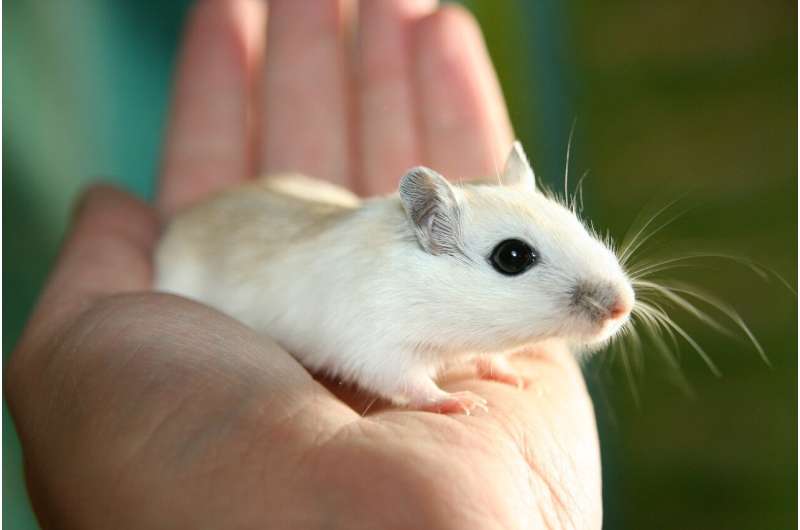New mechanism for anti-infection effects of dietary fiber

New research in mice has uncovered a previously unknown interaction between molecules derived from dietary fiber and an immune cell protein, which triggers protection against infection with Salmonella bacteria. Hitoshi Tsugawa of Keio University School of Medicine in Tokyo, Japan, and colleagues present their findings in a paper publishing on September 29th, 2020 in the open-access journal PLOS Biology.
Previous research has shown that microbes in the gut break down ingested fiber into molecules known as short-chain fatty acids. Short-chain fatty acids appear to protect against pathogens like Salmonella by influencing the activity of immune cells, including macrophages. However, the mechanisms by which short-chain fatty acids interact with immune cells remained unclear.
To better understand the protective role of short-chain fatty acids, the researchers performed a series of laboratory experiments. First, they attached short-chain fatty acids to the surface of synthetic "nano-beads," and exposed the tiny structures to the contents of cells that have macrophage characteristics in order to determine which proteins in the cells interacted with the fatty acids.
This procedure revealed that short-chain fatty acids can bind to a protein called apoptosis-associated speck-like protein (ASC)—a previously unknown interaction. ASC is part of the so-called inflammasome complex, a protein structure that helps activate the inflammatory response to suppress pathogens. Further experiments in macrophages showed that short-chain fatty acids protect against Salmonella infection by binding to ASC and thereby triggering inflammasome activation.
The researchers confirmed and expanded their findings in experiments with mice. When Salmonella-infected mice were fed with short-chain fatty acids, or with their dietary fiber precursors, the fatty acids bound to ASC, triggered inflammasome activation, and prolonged the mice's survival.
These results provide new insights into the effects of dietary fiber on the immune system. Further research will be needed to determine the applicability of these findings to humans, and to investigate other potential effects of short-chain fatty acids on the immune system.
More information: Tsugawa H, Kabe Y, Kanai A, Sugiura Y, Hida S, Taniguchi S, et al. (2020) Short-chain fatty acids bind to apoptosis-associated speck-like protein to activate inflammasome complex to prevent Salmonella infection. PLoS Biol 18(9): e3000813. doi.org/10.1371/journal.pbio.3000813
Journal information: PLoS Biology
Provided by Public Library of Science


















